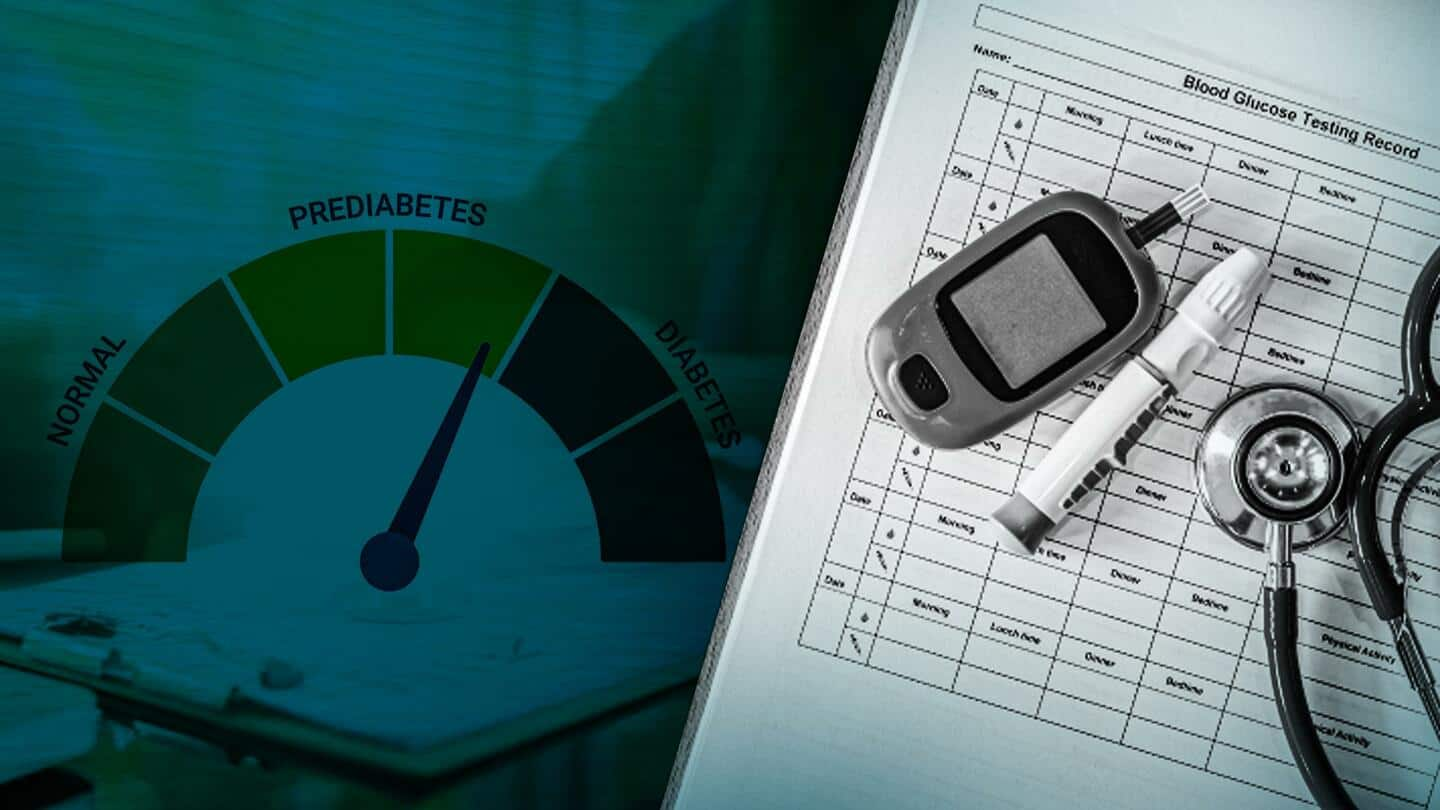
Prediabetes: Early warning signs you need to be aware of
What's the story
Do you always feel the need to eat more food? Even though you ate recently, do you just feel tired almost always? If yes, you may be experiencing symptoms of prediabetes. Prediabetes occurs when the body is unable to digest glucose. This can further develop into type-2 diabetes if left unchecked. Here are five warning signs of prediabetes you need to know.
Exhausted
Feeling tired all the time
Feeling tired consistently is one of the major warning signs of prediabetes. When glucose fails to enter the cells due to insulin resistance, the cells remain deprived of the fuel they need to function. As a result, prediabetics feel exhausted and irritated, experience dizziness, and have difficulty concentrating and remembering things. This is also accompanied by muscle weakness, slow reflexes, and loss of motivation.
Vision
Blurred vision
High sugar content in the blood can negatively impact your eyes and the tissues around them, causing them to swell. This leads to distortion of the lens in your eyes. As a result, your vision gets blurred. This blurring of vision is called diabetic retinopathy. If left unchecked, this can further lead to permanent blindness. Timely intervention can help prevent it from getting worse.
Urination
Frequent urination
You will feel the need to urinate quite frequently if you are a prediabetic. This is because when your body cells reject glucose, your kidney tries to absorb it. This increases blood sugar in your kidney. To manage optimum sugar levels, your kidney flushes out the excess glucose with urine. Hence, you feel the need to urinate so frequently.
Thirsty
Increased thirst
When you urinate frequently, your body's water level drains quickly and as a result, you feel thirsty all the time. Then you drink more water to quench your thirst, and it again leads to frequent urination, and the cycle goes on. Drinking juice, soda, or other sugary beverages to quench your thirst can worsen your condition by causing further spikes in blood sugar levels.
Hungry
Increased hunger
In a healthy person, glucose is capable of entering into the cells, providing them with energy. But in prediabetics, as the glucose never enters the cells, they stay deprived of energy. It does not matter how recently you ate, your cells don't receive the fuel they need to function properly. Your energy-deprived cells thus keep signaling your brain to crave more food.